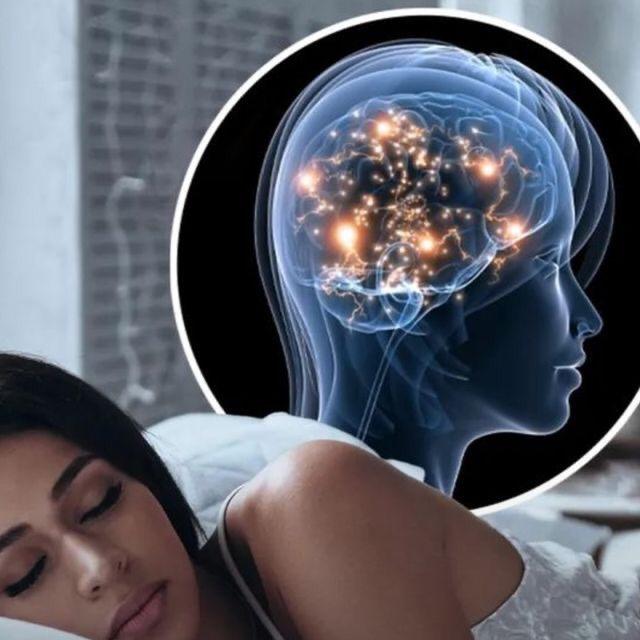We all need sleep, but scientists are now discovering that even when your body is deeply asleep, parts of your brain may still be awake and active. New research shows that our brains remain surprisingly busy at night, challenging what we once believed about dreaming and consciousness.
For many years, experts thought that dreams only happened during REM sleep, the stage known for vivid dreams and rapid eye movements. However, a new study from the DREAM Project at Monash University in Australia has shown that dreaming can also happen during deep, non-REM sleep.
After studying thousands of awakenings, researchers found that about 85 percent of people who woke up during REM sleep reported dreams. Even more surprising, between 40 and 60 percent of those who woke up from deep sleep also described dreamlike experiences.
“Even in our deepest sleep, our brain can show bursts of activity similar to being awake,” explained Giulio Bernardi, one of the study’s authors.
Using advanced brain scans, scientists observed what happened in the 30 seconds before participants woke up. They found that during deep sleep, some brain waves looked similar to those seen during quiet wakefulness. Many people also reported emotional or fragmented thoughts, showing that sleep is not simply on or off but exists on a spectrum of awareness.
Some scientists believe these brief awake-like moments in deep sleep may help the brain process emotions, store memories, and even spark creativity.
The study also explored how artificial intelligence could predict when a person is dreaming. Researchers trained AI systems to analyze brain activity and identify patterns linked to different dream types, such as clear dreams, forgotten dreams, and no dreams at all. In the future, this technology might be used to monitor sleep health or detect early signs of brain disorders like Alzheimer’s disease.
Understanding how the brain works during sleep does more than satisfy curiosity. It could help improve mental health, boost learning, and inspire creativity. So next time you wake up from a dream, remember that even while your body rested, your brain may have been quietly awake, working to help you heal, think, and grow.
Some experts even believe that difficulty reaching REM sleep could be an early sign of cognitive problems, making dream research an important step toward understanding and protecting brain health.





